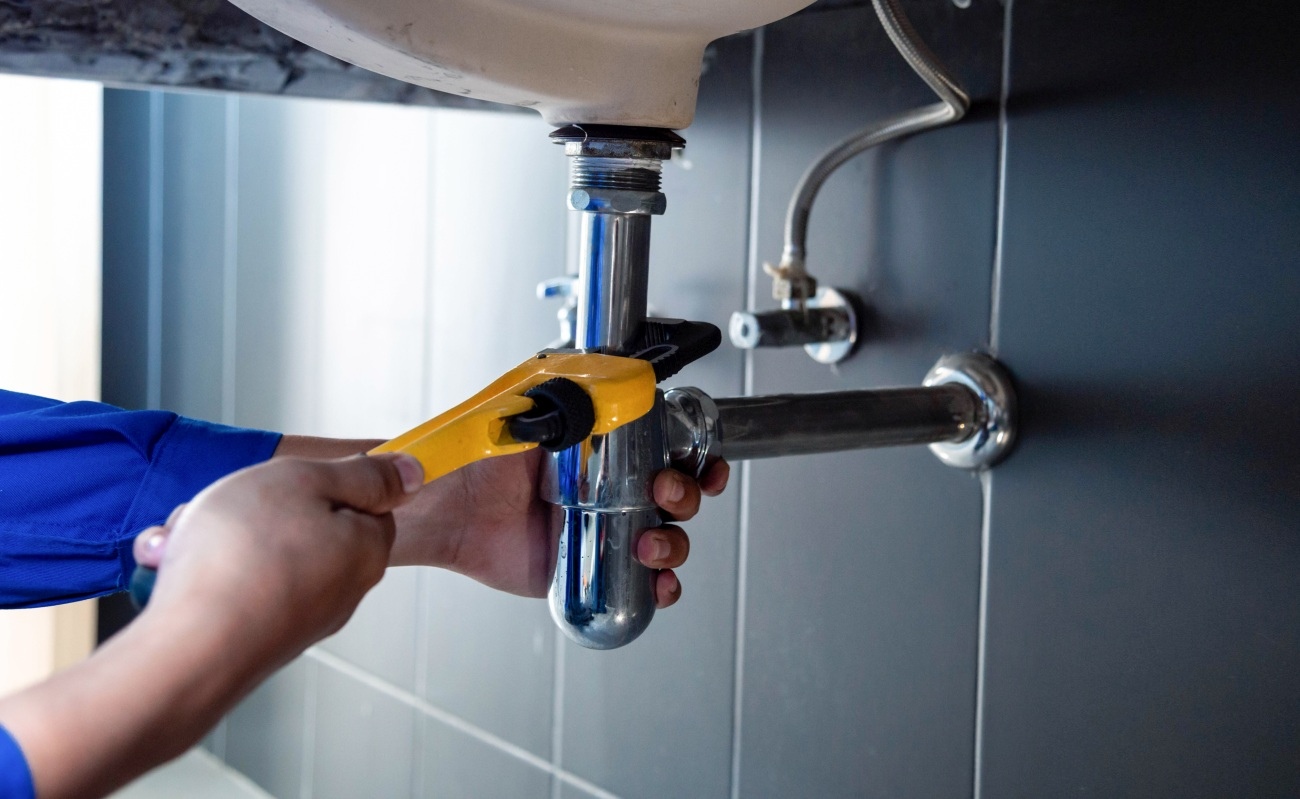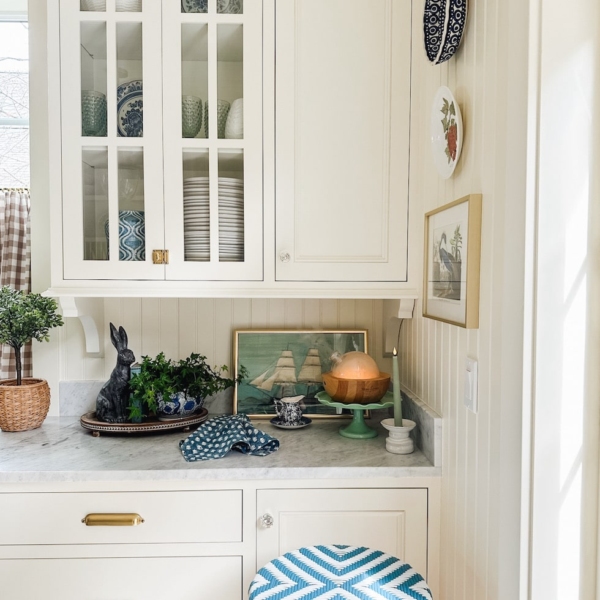Plumbers don’t consciously keep secrets from you. They have a vast store of knowledge and don’t know what you don’t know. Usually, a plumber is in your house to solve a problem. Everyone wants the job done as quickly and efficiently as possible.

23 Plumbing Tips, Tricks, and Secrets
These bits of plumbing knowledge help keep your water and drain systems running smoothly and can save you money on repairs.
Know Where Your Main Shut-Off Is Located
Newer homes have individual shutoff valves in almost every incoming water line. Many older homes do not. The water may need to be turned off at the source. Turning it off quickly saves plumbing and other repair costs.
Beware Of “Flushables”
Toilet paper is designed to break down. “Flushable” items are not. Modern toilets use less water and may not generate enough pressure to force things through. Tossing flushables into the garbage is preferable to paying a plumber to clean out clogs.
Dumping Grease
Grease should never be poured down the sink drain or flushed down the toilet. Grease can turn solid and clog drains.
No Bricks In the Toilet Tank
Putting a brick in your toilet tank to save water is a famous plumbing myth. It doesn’t save much water. Rather, it disintegrates and damages the flushing mechanism and runs into the sewer system.
DIY Mondays
Monday is always the busiest day of the week for plumbing calls. Many of those calls are the result of DIY weekend plumbing disasters. Make sure you know what you are doing, and have the correct parts and tools, or call a plumber first. That may save money in the long run.
Turn Off Outside Taps
Frozen water pipes crack and then leak when they thaw out. Leave the outside taps open, turn the line tap off inside your house, and disconnect water hoses in winter. (Water left in hoses can freeze and crack taps.)
As a precaution, turn off the main water supply line when away on holidays. A broken water line will pour a lot of water into your house in a week.
None of this costs any money. Plumbers are usually busy in the spring replacing burst taps and lines.
Hot Water Tank Drain and Flush
Sediment builds up in the bottom of hot water tanks. Your tank should be drained and/or flushed yearly to enable it to work efficiently. Heating all the stuff caked on the bottom of the tank adds to energy costs and shortens the tank’s lifespan. Having a plumber supply and install a new tank costs between $800.00 and $1600.00–depending on size and style. Some can be over $3000.00.
Toilet Handles
Jiggling or tapping the toilet handle to make it stop running? A flap valve costs about $4.00. The complete handle, chain (or rod), and flap valve kit costs under $20.00. They are simple and easy to replace. Having a plumber do the job costs a minimum of $100.00.
Toilet Won’t Stop Running
Toilets that continue running after the tank fills are annoying and simple to fix. Adjust the float and/or fill valve to let less water into the tank. As long as the water level is below the overflow, the toilet should not run. Make sure the chain is not too long and holds the flapper valve open.
Garbage Disposal Jambs
Paying a plumber to fix a clogged garbage disposal is usually a waste of money. Most disposals come with an Allen wrench and directions to clear clogs. An easy cheap fix. There are ways to keep your garbage disposal clean using borax and vinegar.
Plumbing Pipes Are Not Clothes Lines
Don’t hang clothes or anything else on water lines or drain pipes. They can bend or break–eventually leaking and needing plumbing repairs.
Burst Washing Machine Hoses
Washing machine hoses are under constant pressure. They can burst and cause thousands in water damage. Replace the rubber hoses that come with the machine with no-burst metal-encased hoses.
Burst washing machine hoses are one of the more common homeowner insurance claims.
Hair In Drains
Hair should never go down the sink or tub drains. It can cause clogs–especially when mixed with other stuff. Cleaning it out regularly saves the cost of calling a plumber.
Pre-Purchase Plumbing Inspections
In addition to a home inspection before buying a house, spending around $300.00 for a plumber to run a camera into the underground drain system could save thousands in repairs later. Old drains may have collapsed or have broken pipes or tree roots growing into them that could eventually cause sewer backups and floods.
How To Find a Plumber
Plumbing supply outlets are an excellent source for plumber recommendations. They are not pleased with bad plumbers. Check with your neighbors and the Better Business Bureau. Companies that are licensed, bonded, carry insurance, and WCB coverage are usually a safe bet. Most also offer warranties.
Pipe Insulation
Pipe insulation is inexpensive and easy to install. It prevents condensation and saves energy costs–especially when water pipes run through cold basements.
Leaks
Don’t ignore leaks. Small leaks from toilets, under sinks and tubs, or water and drain pipes should not be ignored. Call a plumber early before the small leak gets bigger. Or causes floor damage. Or cabinet damage. Or mold growth. Or drywall damage. A plumbing service call may be expensive but not as costly as waiting until major damage is done.
Plumbing Service Calls Aren’t Cheap
Extensive water damage is much more expensive than plumbing service calls. Some plumbing repairs are difficult to find. Plumbers are often dealing with toxic materials and gasses like methane. You are paying for what they know–not just what they do.
Chemical Cleaners
Half a cup of baking soda and one cup of vinegar followed by four cups of boiling water 10 minutes later is a cheaper and more environmentally friendly cleaner than corrosive chemicals. It gets rid of most clogs and does not damage drains.
Quotes
Try to get three quotes on plumbing jobs–if you have time. Insist on paying by the whole job–not by the hour. Be suspicious of very low quotes. Many plumbing companies provide free quotes. Do not accept a verbal ballpark number. Get the material specified along with estimated start and completion dates and warranties.
Toilet Gurgles
A gurgling toilet is usually a sign of an obstructed vent pipe or main sewer line problem. Before calling a plumber use a plunger. Not only on the toilet. The cause could be the bath or sink drain causing the system to try to gulp air.
Ask For Advice
Most plumbers will give advice or check out a few other things while they are in the house and have completed the job they came for. There is no harm in asking.
Regular Maintenance
Maintaining your plumbing system helps keep plumbers away and saves money. A few easy things to do include:
- Cleaning hair out of drains.
- Minimizing the chance of clogs in drains and garburator with baking soda and vinegar.
- Cleaning the shower heads.
- Descaling the faucet aerators.
- Looking for leaks and condensation.
- Draining the hot water tank.


